History of the College
From its humble beginnings as Holmes County Agricultural High School, Holmes Community College has grown into one of the largest and best community colleges in the state of Mississippi serving over 6,000 students.
In 1922, after Holmes County Agricultural High School had been in operation for 11 years, the legislature made it legal for agricultural high schools to add two years of college work, and Holmes Junior College opened its doors in 1925 offering the first year of college to students in Holmes and the surrounding counties. During the 1928-29 school year, the second year of college work was added making Holmes Junior College eligible to award the Associate of Arts degree.
Financial support for Holmes Junior College has grown from the original county of Holmes to include eight others — Attala, Carroll, Choctaw, Grenada, Madison, Montgomery, Webster and Yazoo. The state of Mississippi also serves as a major funding source for the College.
As the main campus grew and added needed programs, Holmes underwent an extensive study which showed the need to address the educational needs in the other counties in the Holmes district, especially the northern and southern ends. In 1985, Holmes began building facilities and offering classes at both Ridgeland and Grenada.
Holmes Junior College became Holmes Community College beginning with the 1989 school year after the Board of Trustees decided that having “community” in the name would more accurately reflect the comprehensive and multi-faceted mission of the modern two-year college. The State Board for Community and Junior Colleges (now the Mississippi Community College Board) approved the name change in December 1988.
The Attala Center in Kosciusko opened its doors in 1997 to meet the needs of the residents in Attala and surrounding counties.
Holmes Community College recognizes that emerging technologies are changing the methods of instructional delivery to include eLearning programs such as interactive classrooms, remote instruction, internet courses and other electronic-based teaching/learning activities. Holmes’ primary means of delivering eLearning classes are through the use of the Mississippi Virtual Community College in both provided and hosted courses and through video conferencing through the Community College Network.
The College offers programs district-wide that allow students to earn associate of arts degrees, certificates, and/or transferability to four-year institutions. At the same time, Holmes provides adult basic education, workforce training, and high school equivalency preparation and assessment.

